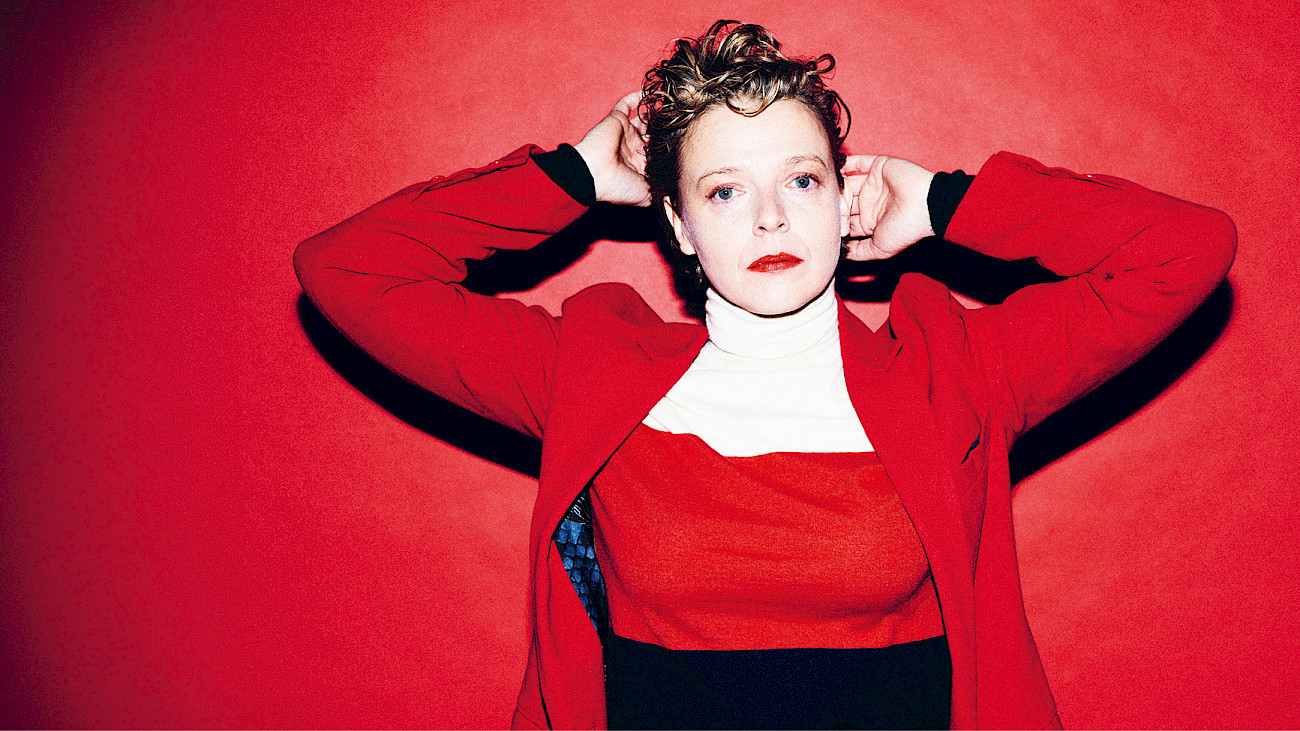
Literature and music: Patrycia Ziółkowska reads Nietzsche and Nijinsky
Literature and music: Patrycia Ziółkowska reads Nietzsche and Nijinsky
Alexandra Barreira Gouveia Flöte
Martin Frutiger Oboe, Englischhorn
Calogero Palermo Klarinette
Syuzanna Vardanyan Violine
Hendrik Heilmann Klavier
Stefan Zweifel Einführung
Friedrich Nietzsche Auszüge aus «Also sprach Zarathustra»
Vaslav Nijinsky Auszüge aus den Tagebüchern
"I would only believe in a God who knew how to dance." At the end of his running and dancing career, Vaclav Nijinsky read such sentences by Friedrich Nietzsche in the Engadine in 1918, visited the Nietzsche House in Sils Maria and, in his delusion, also identified with a maltreated horse. At the "Suvretta" hotel in St. Moritz, he gave the chic crowd the honour of one last dance before he too embarked on a tour of the asylums: "I danced terrible things. They were afraid of me, I had danced the war and sexuality, and they thought I wanted to kill them. I asked them the question of life with a cocotte dance." Perhaps Nijinsky danced his most important pas de deux with Nietzsche.
Patrycia Ziolkowska, who has helped shape the Schauspielhaus Zürich in recent years, will weave the texts into a tapestry of sound - in the echo chamber of music from Wagner to Debussy. Incidentally, Nijinsky's ballet "Après-midi d'un faune" set to Debussy's music in 1912 caused what was probably the biggest theatre scandal of the 20th century, as he embodied the Dionysian so intensely - Nietzsche would certainly have believed in him, the dancing god.
In his introduction, Stefan Zweifel unfolds the Dionysian affinity as well as the biographical coincidences that brought Nietzsche to Otto Binswanger's asylum and Nijinsky to his nephew Ludwig Binswanger's sanatorium.



